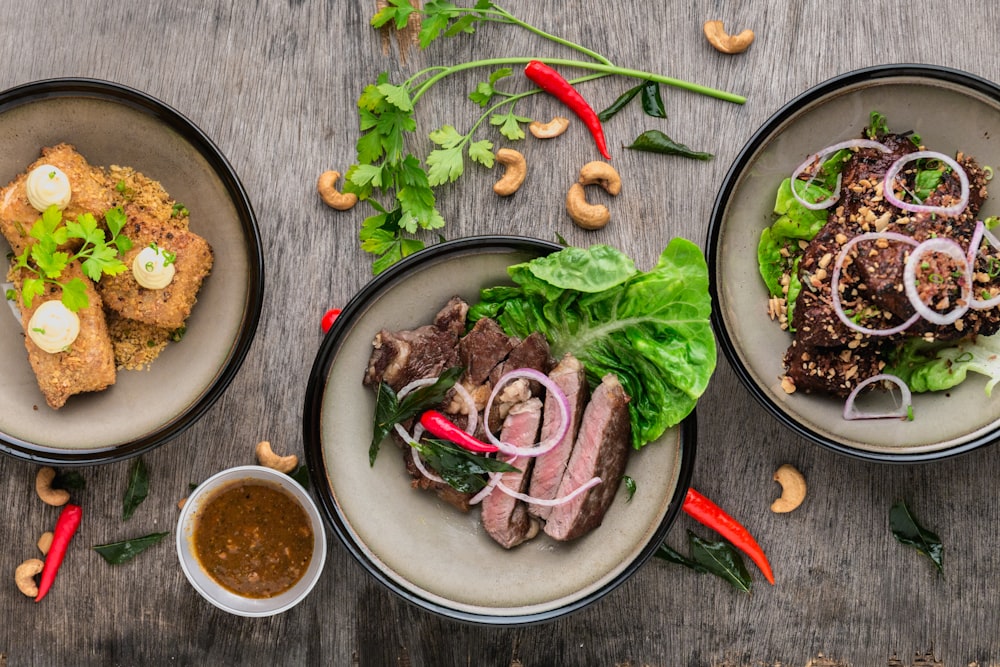Published 21:12 IST, June 11th 2024
WHO's recently unveiled 10 "Golden Rules" for safe food preparation offer a comprehensive strategy to mitigate the risks associated with foodborne illnesses.
Advertisement
In light of alarming global statistics revealing that approximately 600 million individuals fall ill each year due to consuming contaminated foods, resulting in a staggering 4,20,000 fatalities and substantial loss of healthy life years, the World Health Organization (WHO) has underscored the imperative of immediate consumption of cooked meals. WHO's recently unveiled 10 "Golden Rules" for safe food preparation offer a comprehensive strategy to mitigate the risks associated with foodborne illnesses, with one key guideline advocating for the prompt consumption of cooked dishes.

Why should you consume cooked meals instantly?
Emphasizing the critical importance of thoroughly cooking food to eradicate harmful bacteria, WHO spotlighted the rapid proliferation of bacteria as cooked meals cool to room temperature. The temperature range of 5°C to 60°C (40°F to 140°F) poses a particularly high risk, commonly referred to as the "danger zone," where surviving bacteria can multiply exponentially, heightening the likelihood of foodborne illnesses.
Advertisement
![500+ Cooked Food Pictures [HD] | Download Free Images on Unsplash](https://images.unsplash.com/photo-1606791422814-b32c705e3e2f?q=80&w=1000&auto=format&fit=crop&ixlib=rb-4.0.3&ixid=M3wxMjA3fDB8MHxzZWFyY2h8Mnx8Y29va2VkJTIwZm9vZHxlbnwwfHwwfHx8MA%3D%3D)
Beyond safeguarding against microbial contamination, immediate consumption of cooked food offers additional health benefits. Certain nutrients, notably vitamins, are susceptible to degradation when exposed to prolonged periods of heat, air, and light, diminishing their nutritional value. Therefore, consuming meals promptly not only enhances safety but also preserves the nutritional integrity of the food.
To adhere to WHO's recommendations and maximize the benefits of fresh consumption, individuals are advised to adopt practical measures such as planning portion sizes to minimize leftovers, preparing side dishes just before serving to ensure optimal freshness, and safely storing and reheating leftovers within two hours of cooking. By incorporating these guidelines into everyday food preparation practices, individuals can significantly reduce the risk of foodborne illnesses while enjoying the full nutritional benefits of their meals.
Advertisement
21:12 IST, June 11th 2024